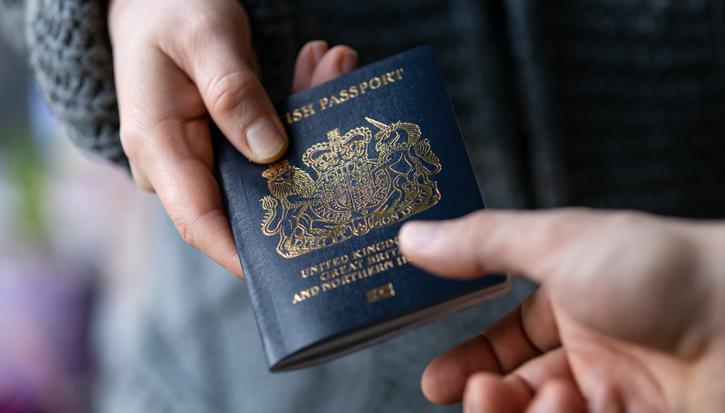Fair funding for mental health: Putting parity into practice
Article
The case for bold action to address poor mental health in the UK – both on moral and economic grounds – is strikingly clear. Fortunately, politicians of all political persuasions are increasingly recognising this fact. This has primarily manifested itself in calls for investment in mental health treatment – and to a lesser extent actions on the social determinants of mental health – to help achieve ‘parity of esteem’ between mental and physical health. More recently, the prime minister, Theresa May, has personally made this one of her priorities, accurately describing it as a “burning injustice”.
The NHS’s 70th birthday present – a new funding deal worth an extra £20 billion per year by 2023 – is an opportunity to deliver a better life for those living with poor mental health. The NHS is in the process of authoring a long-term plan that will set out what it wants to achieve with this additional funding and how this funding will be allocated. It is crucial that this plan raises our ambitions on mental health: despite accounting for 23 per cent of the disease burden, mental health gets just 11 per cent of the NHS budget (Mental Health Taskforce 2016). This must change: we need to be clear what success – ‘parity of esteem’ – looks like and how much it will cost to get there. These are the questions that this briefing paper sets out to answer.
Related items

Mission-driven industrial relations: The case for fair pay agreements
How fair pay agreements could support the government’s mission-based approach by resolving labour market challenges.
Women in Scotland: the gendered impact of care on financial stability and well-being
Women in Scotland are far likelier than men to take on childcare and other caring responsibilities, which puts them at an economic disadvantage.
Citizenship: A race to the bottom?
The ability to move from temporary immigration status to settlement, and ultimately to citizenship, is the cornerstone of a fair and functional immigration system.